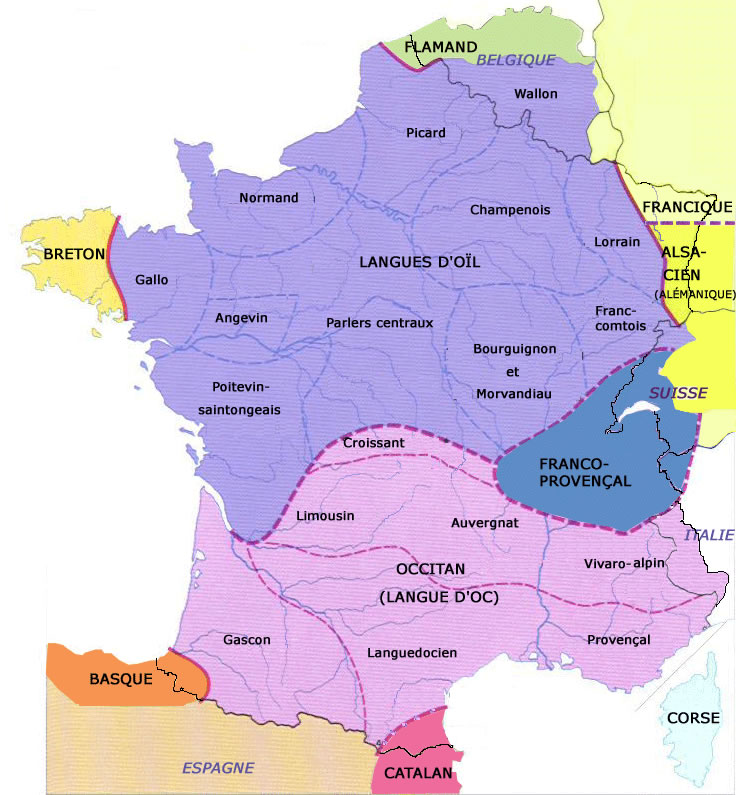Hi all,
When reading a fantasy novel, how important is race in different cultures to you? When I started writing my fantasy novel when I was a child, I imagined different cultures in the different realms, but race was never a consideration. As in, I could have a multitude of different races all born and living in the same region - it didn't matter if they were black, white, asian etc.
Now that I want to get back into writing (I've been on a 10 year hiatus!), does this clash of ethnicity within a region or culture make for an unbelievable storyline? Many of my main protagonists are different races, I just wonder whether it affects a readers interest if the race is not specific to a region.
And if so, if I have a region that resembles China for instance, would you expect the characters to be named accordingly? Because I can quite easily adjust races to specific regions, but for characters who I have had in my mind for 15+ years who have very fantasy like names i.e. 'Asheara', I would now really struggle to rename her 'Shao Li' because she has been Asheara in my mind for so long.
tl;dr - I know fantasy is what you make it, but to create an immersive novel, how important is the accuracy of ethnicity in different cultures? And should names reflect the race or region?
Many thanks for your opinions!
When reading a fantasy novel, how important is race in different cultures to you? When I started writing my fantasy novel when I was a child, I imagined different cultures in the different realms, but race was never a consideration. As in, I could have a multitude of different races all born and living in the same region - it didn't matter if they were black, white, asian etc.
Now that I want to get back into writing (I've been on a 10 year hiatus!), does this clash of ethnicity within a region or culture make for an unbelievable storyline? Many of my main protagonists are different races, I just wonder whether it affects a readers interest if the race is not specific to a region.
And if so, if I have a region that resembles China for instance, would you expect the characters to be named accordingly? Because I can quite easily adjust races to specific regions, but for characters who I have had in my mind for 15+ years who have very fantasy like names i.e. 'Asheara', I would now really struggle to rename her 'Shao Li' because she has been Asheara in my mind for so long.
tl;dr - I know fantasy is what you make it, but to create an immersive novel, how important is the accuracy of ethnicity in different cultures? And should names reflect the race or region?
Many thanks for your opinions!
Last edited:

 Archmage
Archmage
 Myth Weaver
Myth Weaver